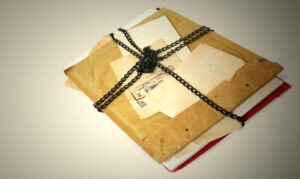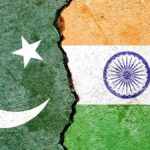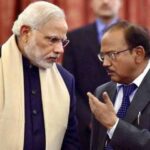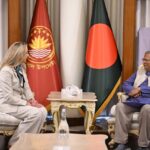 Md Jubair: India is trying to prevent the declassification of papers from 1947 related to Kashmir, fearing that the “sensitive” letters could affect foreign relations, a Guardian report says.
Md Jubair: India is trying to prevent the declassification of papers from 1947 related to Kashmir, fearing that the “sensitive” letters could affect foreign relations, a Guardian report says.
The UK media outlet said that according to the internal government documents seen by it, the letters, known as the Bucher papers, are believed to include political and military arguments for why India’s first Prime Minister, Jawaharlal Nehru, called for a ceasefire with Pakistan and provided special status to the state of Jammu and Kashmir.The Bucher papers refer to communications between Gen Sir Francis Robert Roy Bucher, who served as second commander-in-chief of the Indian army between 1948 and 1949, and government officials, including Nehru.
A recent foreign ministry document seen by the Guardian said the contents of the papers should not be declassified yet. The papers contain “military operational matters in Kashmir and correspondences amongst senior government leaders on sensitive political matters in Kashmir”, the document said.For decades, the region in the foothills of the Himalayas was given a separate constitution, a flag, and autonomy over all matters except for foreign affairs and defence. Those measures were seen by Kashmiris as crucial to protecting their rights in the Muslim-majority state.
But in 2019, under the Hindu nationalist Prime Minister, Narendra Modi, the government in Delhi formally revoked the disputed state’s constitutional autonomy, in an attempt to integrate it fully into India.The decision tightened the government’s grip over the region and stoked anger and resentment as a three-decade-old armed revolt continued to rage.
Over the years, several attempts have been made by activists to declassify the papers to shed light on the reasoning for Article 370, which gave Jammu and Kashmir its special status.The papers have been kept at the Nehru Memorial Museum and Library, an autonomous body under India’s culture ministry. According to a source with knowledge of the matter, they reveal that Nehru was aware and informed of the military developments in Kashmir.
“Roy Bucher suggested a political approach to solve the escalating situation given the military fatigue faced by Indian troops due to 13 months of military deployment, including taking the matter before the United Nations,” the source said.That advice may have influenced Nehru’s decision to grant Kashmir special status. In 1952, the prime minister argued that the aspirations of the people of Kashmir should be respected. “I want to stress that it is only the people of Kashmir who can decide the future of Kashmir,” he told India’s parliament. “We are not going to impose ourselves on them at the point of the bayonet.”India typically allows the declassification of archival documents after 25 years. The foreign ministry argued in the document that the disclosure of the papers should be put “in abeyance” for the time being and advised that the “sensitivity of the Roy Bucher papers and the likely implications of their disclosure” should be examined further.
Sources say the government has yet to take a final decision on the matter. The Guardian says it has contacted the Indian foreign ministry and the Nehru Memorial Museum and Library for a response.






